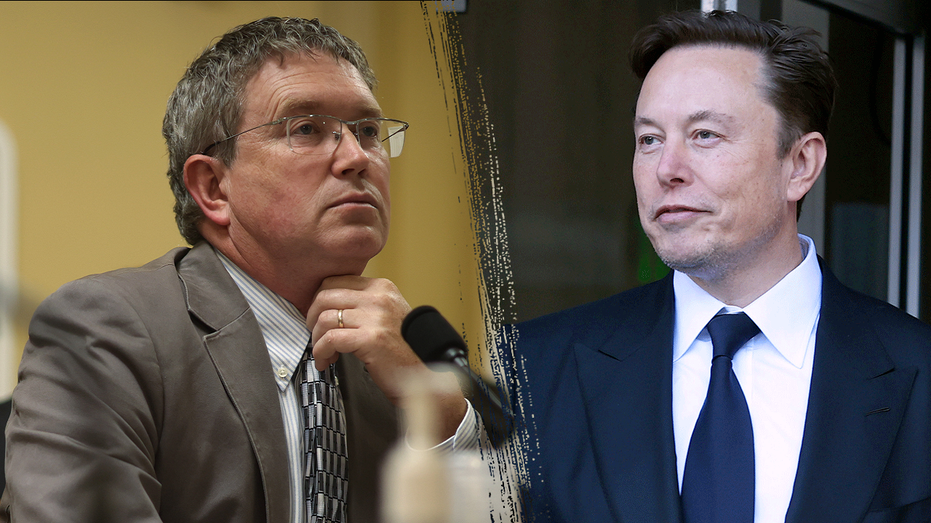Josh Massie Urges Elon Musk to Fund Primary Challenges Against GOP Lawmakers Supporting Trump Tax Bill
Rep. Thomas Massie urges Elon Musk to bankroll election challenges targeting GOP lawmakers backing Trump’s agenda bill.

Rep. Thomas Massie, R-Ky., ignited controversy this week by suggesting that billionaire Elon Musk should financially back primary challengers against nearly every Republican who voted for President Donald Trump’s sweeping legislative package passed last week in the House. “I don't primary my colleagues, but I feel pretty good about him doing it,” Massie said, referencing Musk’s recent criticism of the bill and most Republicans who supported it in Congress.
When pressed for clarification, Massie indicated that there are "a few others that should be spared" among the 215 House Republicans who voted in favor of the measure, but he doubled down on his belief that change is needed. “But people want term limits, right? Elon can bring term limits,” he added, suggesting the Tesla and SpaceX CEO could support political turnover through targeted campaign spending.
The legislation—dubbed by Trump as his “big, beautiful bill”—aims to advance key priorities on taxes, immigration, energy, defense, and the debt ceiling. The White House and House Speaker Mike Johnson, R-La., have firmly supported the proposal, touting it as a major win for both the administration and Congressional Republicans. However, its scale and content have drawn sharp criticism, not least from Musk, who took to social media to denounce the bill as a “massive, outrageous, pork-filled congressional spending bill” and described those who voted for it as having committed a “disgusting abomination.”
Musk did not mince words, calling for voters to “fire all politicians who betrayed the American people” in the next general election. Massie, however, recommended the focus should shift to the primaries, arguing, “I just think he made one mistake when misstatement – he said take them out in November. I would take them out in primaries if I were Elon Musk.”
Speaker Johnson responded publicly and privately to Musk’s criticism, describing it as “flat wrong.” At his weekly press conference, Johnson recounted recent cordial exchanges with Musk but expressed surprise at the tech mogul’s turn against the bill. “I don’t take it personal... I think he's way off on this, and I've told him as much,” Johnson said, reiterating his support for the legislation.
The Congressional Budget Office projected the bill would add $2.4 trillion to the federal deficit over a decade, sparking further contention. While Massie was among just three Republicans opposing the bill—joined by Rep. Warren Davidson, R-Ohio, and Freedom Caucus Chair Andy Harris, R-Md.—the GOP leadership has dismissed CBO projections as overstated, contending that economic growth factors will offset the costs.
Massie, a noted fiscal conservative and frequent dissenter within his own party, underscored his longstanding opposition to any legislation poised to expand the national debt, which now stands at nearly $37 trillion. He has previously found himself at odds with both Trump and Johnson, facing primary threats from the former president and leading an effort to unseat the latter as Speaker.
Supporters of the bill maintain that it represents a robust attempt to overhaul government operations, root out inefficiency, and direct substantial resources to critical areas such as border security, while continuing Trump-era tax reforms. Nevertheless, the measure faces additional hurdles in the Senate, where even some Republicans have urged modifications before final passage.
As debate around the bill and Musk’s influential commentary continues, questions remain about potential fractures within the party and whether the threat of primary challenges—funded or inspired by high-profile figures—will reshape the Republican landscape heading into the next election cycle.




